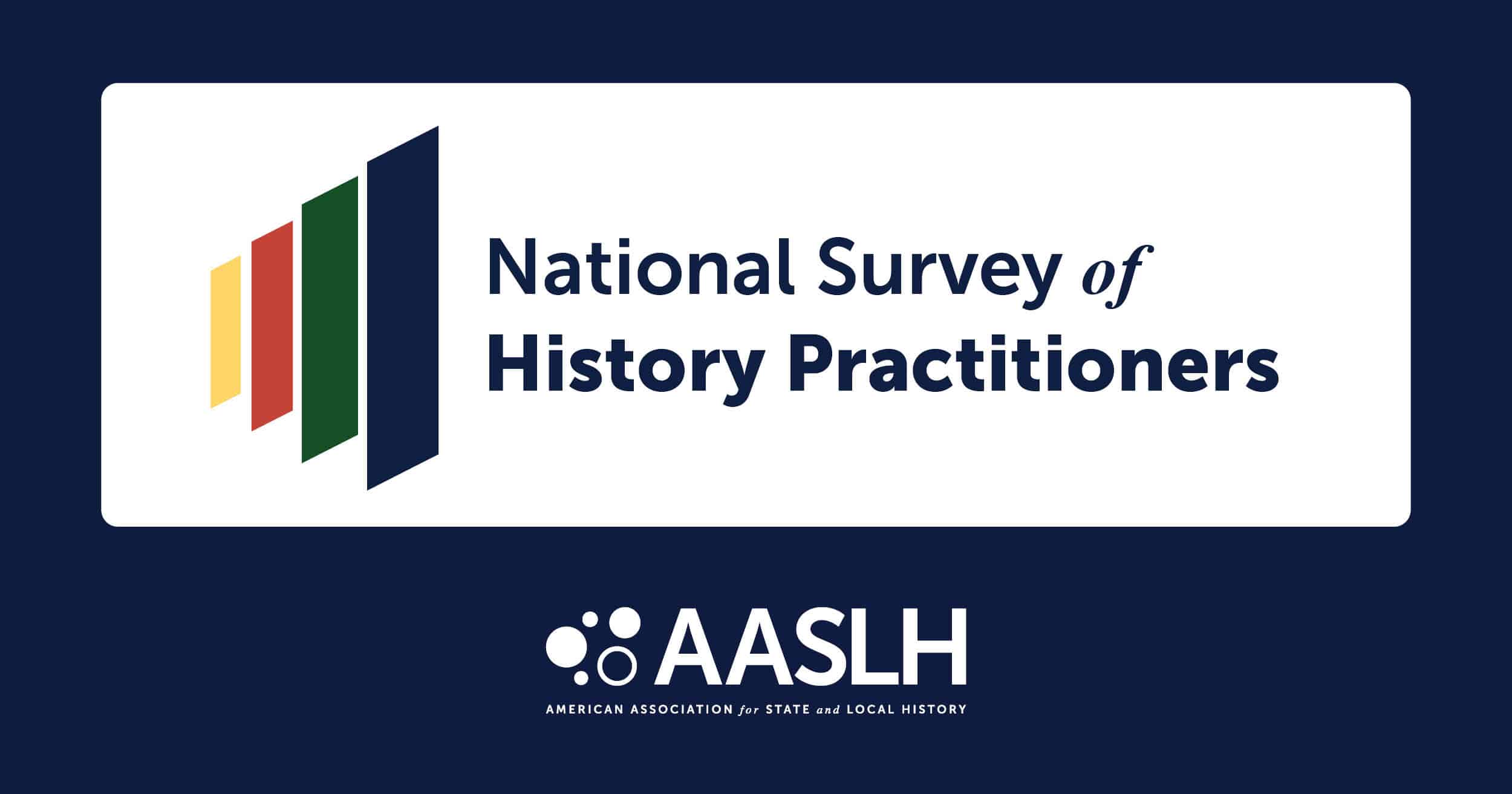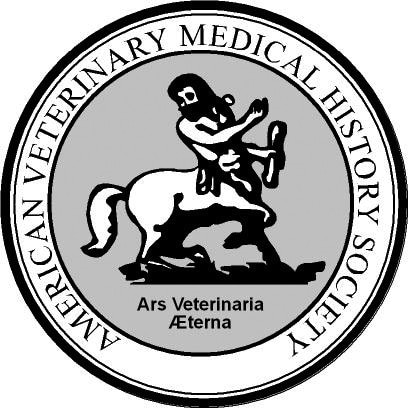 Exciting changes are happening at the more than 1,000 organizations taking part in the StEPs program (Standards and Excellence Program for History Organizations).
Exciting changes are happening at the more than 1,000 organizations taking part in the StEPs program (Standards and Excellence Program for History Organizations).
Our “StEPs Spotlight” blog series highlights accomplishments by participating organizations.
Below is another example of how StEPs is helping organizations take a leap forward by improving policies and practices, opening lines of communication, and setting goals for a bright future.
AASLH is proud to announce our seventh national StEPs graduate and the first in our home state of Tennessee!
Greeneville Greene County History Museum
Greeneville, Tennessee

By Dan Spice, Board Co-President, Greeneville Greene County History Museum
Beginning as a one-room museum in a retired school building, the museum has grown to thirteen galleries and numerous walk-through exhibits. This includes a fully restored 1787 two-story log structure that was one of Greene County’s first homes that is now located on museum property. Galleries include “Tennessee Country: Paleo to Pioneer” and “The Green Book: The Segregated Years,” and the museum shares artifact stories and oral histories on its Facebook page and YouTube channel. GGCHM began as the Nathanael Greene Museum, but a name change on 2013 to the Greeneville Greene County History Museum more properly focuses on the collection of artifacts and stories of our rich local history. We host visitors from numerous states and several foreign countries each year, but we are most proud of our service to area residents, including thousands of schoolchildren. A staff of three and twenty-five volunteers work at the museum, which enrolled in StEPs in 2015.
Can you describe how your organization is making its way through the program?
We focused on working on each level and divided our board members into groups to help complete and document each step. Eventually, we found that we were already at the Good level in some sections. We used board meetings, committee meetings, and community advisory panels as we completed our strategic planning process in 2018 with the help of an outside professional management consulting firm. The workbook was invaluable in prompting a more objective look at our policies, plans, and procedures.

Our 2018 museum board.
What would you say is the most significant change or improvement within your organization as a result of taking part in StEPs?
A focus on staff and board growth was one tremendous outcome, along with planning for a new building that will allow us to serve more visitors each year and provide much-needed exhibit and storage space for our collections. StEPs is one way we are demonstrating our stewardship and growth to potential funders for our new building.
Tell us about some other specific examples of positive changes within your organization as a result of participation in StEPs.
Because we are presently in a 102-year-old building, disaster plans were badly needed. We were able to put this into action and it paid off, with a recent electrical malfunction that could have caused much greater damage if not for our disaster plan.

AASLH Chief of Operations Bethany Hawkins presents the StEPs graduation certificate to Betty Fletcher, Operations Director of the Greeneville Greene County History Museum, at the 2019 Tennessee Association of Museums conference.
Which section of the workbook has been your favorite, and why?
The Collections section forced us to focus on the quality of acquisitions and learning when and how to say “No, thank you” to unwanted donations. We also learned to look for the value and stories attached to our collections.
What advice do you have for organizations just starting in StEPs?
The workbook is invaluable. Read it, use the case study examples, and use the process as a good “floor-length mirror” for your organization. The StEPs process, for us a three-year endeavor, helped our board focus on long-term growth and greatly increasing the quality of our collection, exhibits, and service to the community. While the entire board participated, our StEPs chair Kathy Giles, made sure we stayed on task and focused on improvement. We highly recommend the program for the discipline and professionalism it has fostered in our organization.



